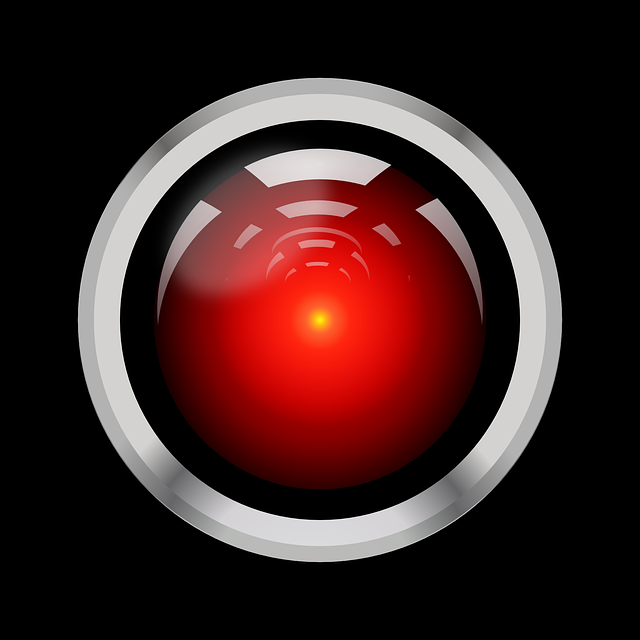Intelligent machines - especially ones with sentience - have long been confined to the realms of science fiction. However, in more recent years, the concept of a thinking, learning computer or algorithm has crept slowly into reality, albeit not to the scale of the Hollywood mechanical minds.

The 'eye' of HAL 9000, a famously problematic A.I. from 2001: A Space Odyssey 2001
Researchers and developers of artificial intelligence describe their field as "the study and design of intelligent agents". This field is further split into highly specialized areas of technical expertise that do not always communicate optimally. This is partly due to ethical and philosophical issues in artificial intelligence that are unique to the field, as many different social systems and cultures have as many different ideas about how far and in which direction to progress.
It should be noted that a system being intelligent does not mean that it is sentient, by any stretch of the imagination. An intelligent agent is simply something that has means to perceive its environment via gathering or receiving input and is able to use that input to make decisions on which actions to proceed with in order to reach it's pre-determined goal. The 'learning' aspect of these agents may be as simple as taking in and remembering more and more input in order to narrow down a search and make more fitting choices.
Of course, this is a highly challenging field. Many of the technical issues in the development of artificial intelligence center around finding the solution to very specific, identified problems. These problems tend to come directly from characteristics (design specifications, in truth) that developers would like to see in their machines in order to classify them as 'intelligent'. For example, artificially intelligent machines have:
- extensive knowledge about the world to inform their decisions
- the ability to take in new knowledge and integrate it usefully in those decisions
- the ability to make decisions
- the ability to assess the usefulness of options to maximize success
- some way to 'visualise' the future and make allowances for possible future events that will affect the outcomes of its decisions
- some way of setting goals to combat or deal with these predictions
- the ability to know when such a goal as been achieved
Reading those desired traits, it can become difficult to say what exactly separates them from what we desire from a problem-solving human, but we are a while away from creating any living, thinking beings as Asimov or Phillip K. Dick and many other talented science fiction creators envisioned. However, it is no longer the laughable, impossible goal it once was - at the time of writing, it is being discussed whether an A.I. named Eugene with the personality of a 13-year-old boy passed the famous Turing Test or not1.
References:
1. Hern, A & Sample, I. (2014). Scientists dispute whether computer 'Eugene Goostman' passed Turing test. [ONLINE] Available at: http://www.theguardian.com/technology/2014/jun/09/scientists-disagree-over-whether-turing-test-has-been-passed. [Last Accessed 27/6/14].
© BrainMass Inc. brainmass.com June 29, 2024, 3:32 pm ad1c9bdddf